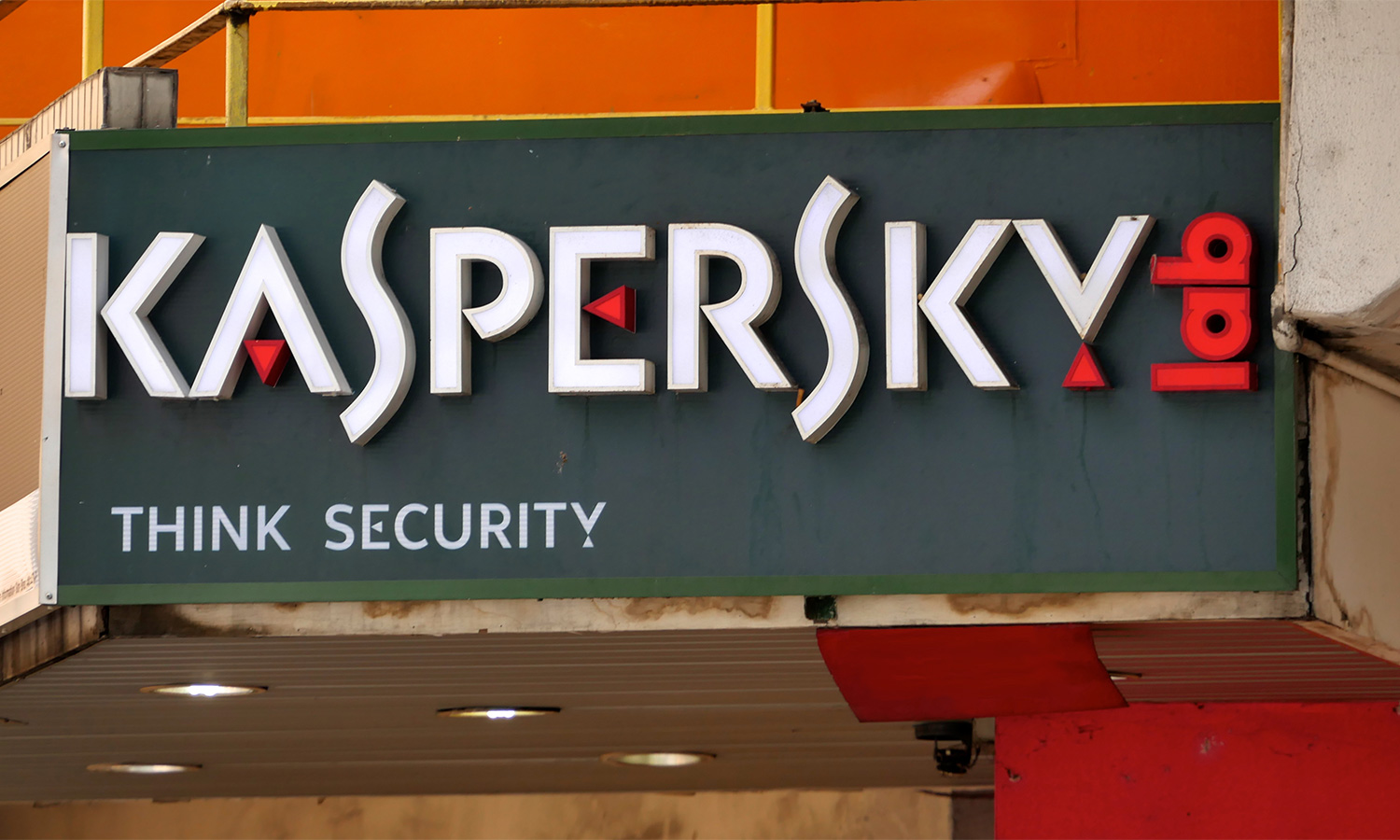Allegations Of Kaspersky Lab’s Ties To Russian Intelligence Intensify
This week’s mainstream press circulated renewed concerns about tight relationships between the Russian government and Kaspersky Lab, makers of popular anti-virus software.
Those concerns have festered for years. This year, those concerns have heated up again amid a turbulent political environment. We wrote back in May about reports that the FBI was investigating the company’s ties to Russian spy agencies.
And in July, we reported on issues raised about Kaspersky Lab secretly helping a Russian intelligence agency respond to distributed denial of service attacks. In one program, Kaspersky employees allegedly accompanied FSB agents on physical raids. The origins of those reports, which just came to light this year, date back to 2009.
In the latest reports: Russian hackers had managed to get their digital hands on NSA documents stored on an employee’s home computer; the Department of Homeland Security put out an edict that all federal agencies would cease using Kaspersky software; and now, Israeli spies watched as a Russian government hacking crew used Kaspersky software to search for covert government programs. This last item, these reports say, were the result of Israel security personnel hacking into Kaspersky’s network.
Kaspersky AV software is quite popular on consumer and business PCs, and these reports have raised questions about whether users should be concerned about using it. One of the key aspects being illuminated is that the tools used for these security breaches leverage the telemetry data that gets sent back as a routine part of any AV software. This can, of course, be turned off, although many users don’t know that.
Our sister site, Tom’s Guide, has talked to a variety of security experts about the risks of continuing to use Kaspersky software, compiling those opinions and specific recommendations into a report of its own, entitled “Kaspersky Russian Spying Rumors: Should You Still Use This Antivirus?”
Get Tom's Hardware's best news and in-depth reviews, straight to your inbox.
-
Dark Lord of Tech The Technical Faculty of the KGB Higher School is what he attended , so why wouldn't he CURRENTLY be KGB?Reply -
randomizer Given the number of antivirus products available, it's a whole lot easier to dismiss Kaspersky as a precaution than try to sift through the "facts" to determine if it's actually dodgy. Then you only have to be concerned about ties to US intelligence.Reply -
drajitsh Reply
You apparently did not read the linked article. The question is not whether you believe your antivirus has ties to Russia , but which security agency YOU want your antivirus to have ties with20270528 said:The Technical Faculty of the KGB Higher School is what he attended , so why wouldn't he CURRENTLY be KGB?
-
0InVader0 "...stored on an employee’s HOME COMPUTER"Reply
and that's Strike #1
Whether they are demonizing Russia or not (they are), it's up to their own discretion to use a different AV software. It's not like anything bad could come out of The US government's concern for their own security. It is ironic though.
Then again, it's not like you can trust any AV. I recall an eastern Slovakian company creating an AV they would boast how it was the only one that could identify and remove the infamous OneHalf (a.k.a "Slovak Bomber") virus, only for it to later turn out that they were the ones who created said virus.
And of course these guys also got to work at ESET later on (afaik). Take this as a lesson... -
parkerygc8 I don't know of too many Russian laws protecting consumer's rights. Hell, American laws for that matter. (we do have a few more)Reply -
velocityg4 I guess you can go with Trend Micro. They are a Japanese company. Japan seems to be content minding its own business. Really how can you know any AV is truly safe from backdoors.Reply
I wonder why the FBI is investigating? This seems more like the territory of the CIA or NSA. Doesn't the FBI have enough on its plate investigating federal crimes committed by people within this country?

